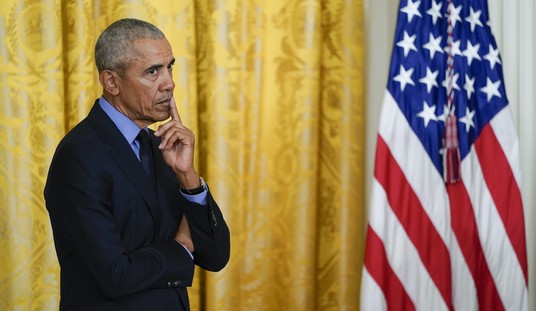With every indication that the Presidential race will be close, the question that is far from settled is what will happen to the contests for the Congress. Conventional wisdom has been that the Democrats are going to make major gains in both the Senate and the House of Representatives. Projections range from a gain of four Senate seats all the way to nine seats. Democratic projections for the House have suggested a gain of 12 to 30 seats.
If Senator Barack Obama wins the Presidency and the Democrats make major gains in the Congress it would mean that two-thirds of the Federal Government would be in the hands of Democrats, with the future of the Supreme Court uncertain. Most likely a new President will have an opportunity to appoint one or more Justices.
Since the end of New Deal and post-New Deal dominance in 1952 the public has tended to prefer a split between the Congress and the Presidency. The President and Congress were of the same party for only 16 years. Thus, should voters give Obama both Houses of Congress they would be running counter to the trend. Obama has advocated many new programs. An all-Democratic Congress and Presidency would make it likely that most of those programs would be enacted.
If McCain were to win how he would fare with Congress is problematic. If Democrats should win as many as seven Senate seats they could override most McCain vetoes. Should Democrats win as few as four seats, the lowest number anyone is projecting, it is possible that measures McCain didn't like could be filibustered. And certainly McCain vetoes could be upheld. The problem for McCain would be that the Democrats still would control the Congress, so he most likely would be unable to enact any of his proposals.
How the voters will behave as they are electing a new President is not at all clear. For example, most analyses of the 1980 elections have contended that Ronald Reagan swept in the Republican-controlled Senate. But a hard look at the data suggests otherwise. Nearly all of the first-time Senatorial candidates ran ahead of Reagan. That was true in Alabama, Georgia, Iowa, Wisconsin and a host of other States. Only in North Carolina, with the election of John East, could the case be made that Reagan was responsible for the victory.
Recommended
In 2000, with George W. Bush winning the Presidency over Vice President Al Gore, the Democrats ended up controlling the Senate by a single vote. Republicans resumed control of the Senate in the 2002 elections. So again, the Presidency went one way, while Congress, at least the Senate, went the other way. So many of those Senators who had been elected in 1994 when Republicans won control of Congress were defeated while voters saw fit to replace a Democratic President with a Republican President.
So how voters will react to the Congress as a lively Presidential race is in the offing is unclear, despite what you may hear from the media. Voters, for example, re-elected a Republican House in 2000, just as the Senate was going the other way. Actually it appeared that the Senate would remain in Republican hands, thanks to the tie-breaking vote possibilities of Vice President Richard (Dick) Cheney. But then Senator James P. Jeffords, of Vermont, became an independent who chose to caucus with the Democrats. That gave the Democrats their majority.
Senate races tend to be rather high profile, whereas House races often receive little coverage. This is especially true of highly populated metropolitan areas which have a number of Congressional districts. So it is entirely possible, for example, for the House to remain in one party's hands while the Senate goes in the other direction. That is indeed what happened in the elections of 1980, 1982, 1984 and 2000.
The situation in the House in this election is not yet clear. It could be that Democrats will make the large gains now being projected. But that is not necessarily the case. For example, in 1976 with Governor Jimmy Carter defeating President Gerald R. Ford, the Republicans actually picked up 10 House seats. The Chairman of the Republican Congressional Campaign Committee suggests that even if Obama were to win the Presidency Republicans may gain House seats. Few believe that projection at this point but it is not beyond possibility.
The main point is this. With voters showing a clear preference for divided government, it is possible that one party will win the Presidency while the other party will control the Congress. And the party which wins the Presidency may well find that the other party will gain seats in the midterm elections. The 2002 election was unusual in that respect. What is even rarer is for the party in the White House to gain seats in the sixth year of two four-year terms. In fact, Bill Clinton is the only President who achieved that fete. Democrats won five additional seats in 1998, despite predictions of massive Republican gains. Even Franklin D. Roosevelt lost big in that sixth year (1938). So did Calvin Coolidge (1926), Harry S. Truman (1946), Dwight D. Eisenhower (1958), Gerald R. Ford (1974) and George W. Bush (2006). Only Clinton wins the prize for gaining seats in the 20th Century.
While the outcome still favors the Democrats in the Congressional races, were I a betting man I would hold off placing any bet at this point in time. We may be in for some electoral surprises come November.

























Join the conversation as a VIP Member